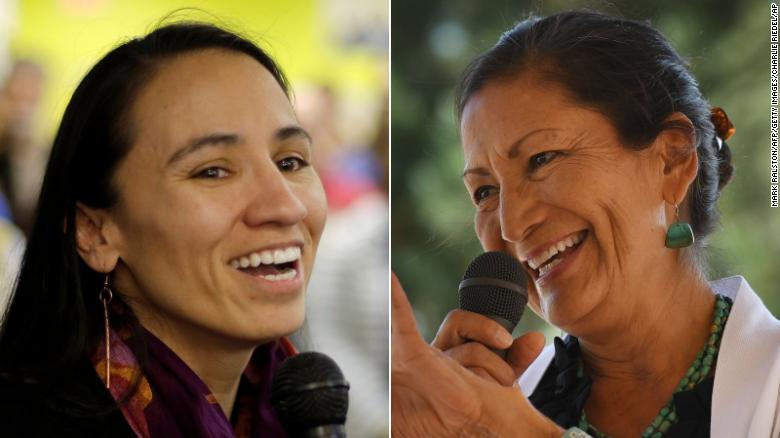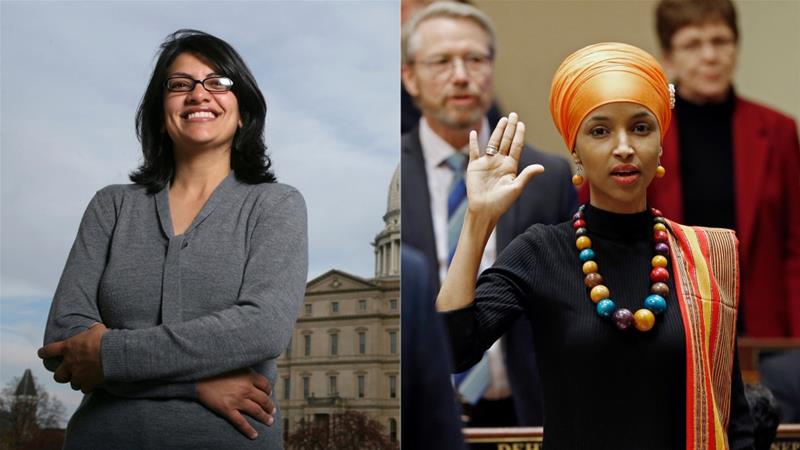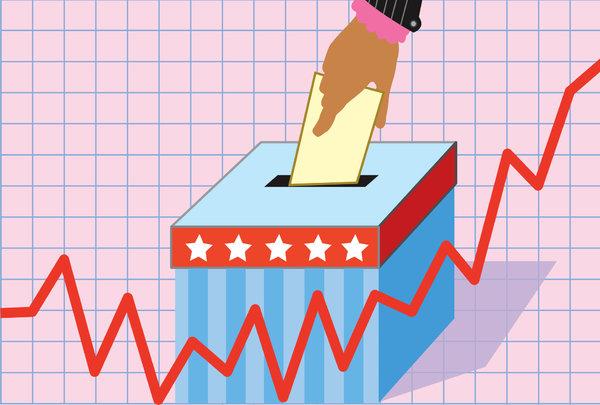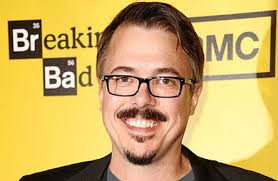Well, that round of radiation therapy went pretty well. Turns out that not only is the body an amazing self-righting mechanism, but the body politic is an efficient self-lefting one.
Sure, the GOP picked up seats in the Senate, but that was inevitable. We have gerrymandered ourselves into participation trophies in the most antiquated branch of the U.S. government.
The House, however, typically is more responsive to electorate desires because its members represent neighborhoods, not states. And it would be hard to deny the country’s (and, in the long haul, the planet’s) left-leaning tendencies:
- The House turned blue (as did its investigatory authority) for the first time in eight years.
- Women took their seat at the table. As of early Wednesday, 96 women won House races, with 31 women newly elected to the House and 65 female incumbents. That bests the previous record of 85 representatives, according to the Congressional Research Service. And votes are still being counted.

- Colorado Democratic Rep. Jared Polis became elected the nation’s first gay governor.

- Democrats Sharice Davids and Deb Haaland will become the first Native American women elected to Congress.

- Michigan Democrat Rashida Tlaib and Ilhan Omar of the Minnesota Democratic-Farmer-Labor Party will become the first Muslim women in Congress.

Of course, none of this will change course for the GOP, which is now more bound than ever to Trump — including his firing today of Attorney General Jeff Sessions. And do we really expect the president not to shut down the government for capricious reasons — now with empowered Democrats in office to blame?
But those are worries for another day. Yes, we still have cancer, and may still succumb if we’re insistent on smoking (a Trump re-election, for instance). Yes, we’ve suffered hair loss and the nausea remains. And we still have to own the fact that we brought this illness on ourselves (with a little help from Donnie’s comrades). We’re not nearly done with our medicinal regimens. We will have wretched recovery moments. Some days, it won’t feel like remission.
But the medical definition of remission is that the cancer has stopped spreading, not that it’s gone. There’s still a fight to be had, punches to be thrown. So let’s go with partial remissions.
And that’s a fine doctor visit. The beauty of a bad health day is you gain the insight to recognize a good one.







